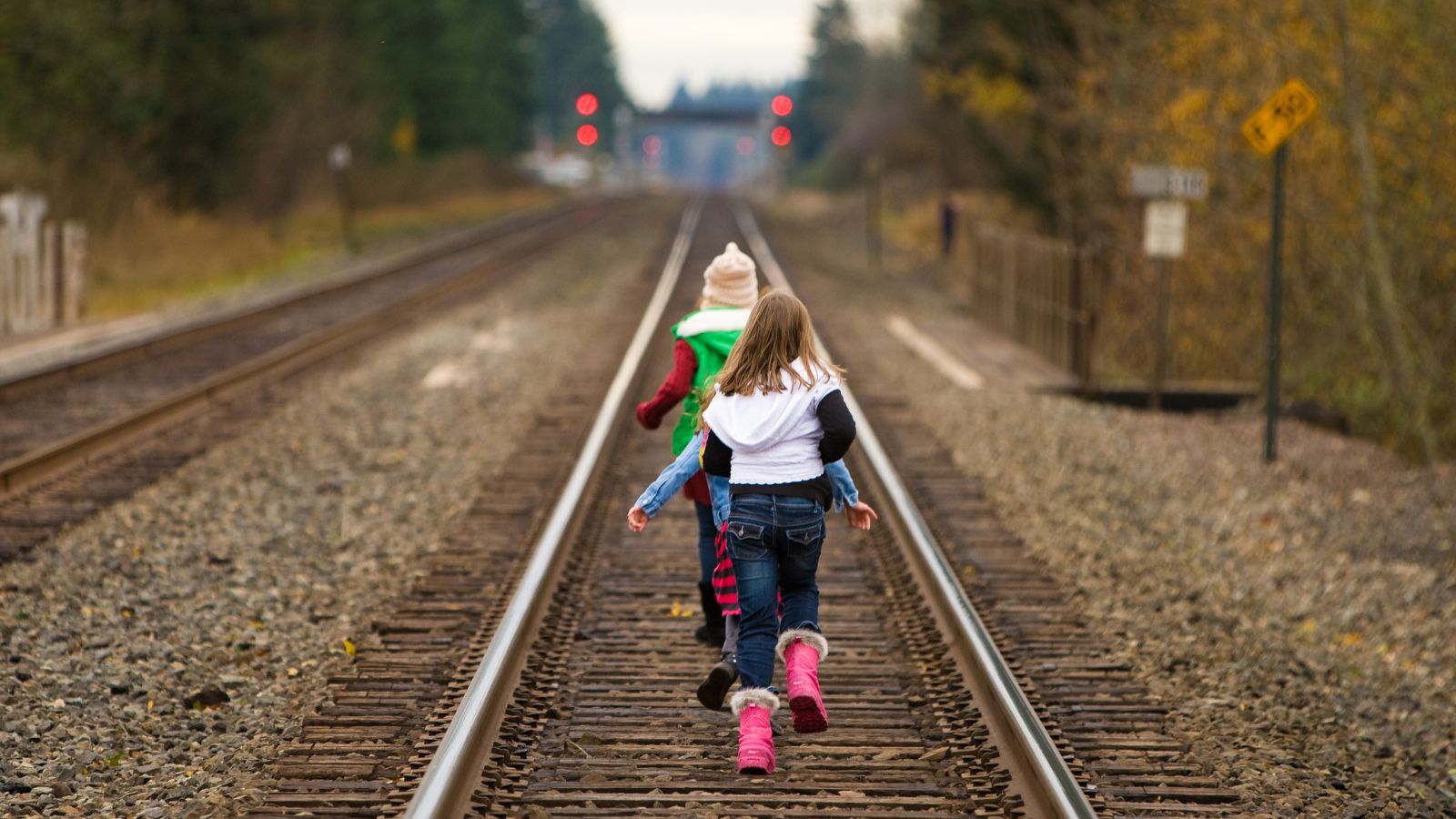Times change, and so do the activities we consider acceptable or even fun. Many things people used to do regularly have fallen out of favour or become outright taboo. Whether due to advances in technology or increased awareness of health and safety, these 17 activities have become part of history.
Smoking in Public Places

When the smoking ban came into effect, “it became illegal to smoke in any pub, restaurant, nightclub, and most workplaces,” according to the British Heart Foundation. But there was a time when lighting up a cigarette in a restaurant, on an aeroplane, or even in an office was as normal as having a cup of coffee. Smoking was so ingrained in daily life that no one thought twice about it.
Corporal Punishment in Schools

Spare the rod, spoil the child used to be a widely accepted belief. Corporal punishment in schools, where teachers could discipline students with paddles or rulers, was common practice. Parents often supported this approach, seeing it as a way to enforce discipline. However, modern understanding of children’s rights and the psychological effects of such punishment has led to a significant decline.
Drinking and Driving

It’s shocking to think that there was a time when driving after a few drinks was fairly common and not heavily penalised. Social gatherings often ended with tipsy individuals getting behind the wheel, and DUI laws were either non-existent or not strictly enforced. With the advent of stricter laws, alternative transportation options like ride-sharing services are the (legal) norm.
Littering

Throwing rubbish out of car windows or leaving it behind in parks and on beaches was once a common, unremarked behaviour, but environmental movements have since brought awareness to the consequences of littering. These days, not only is littering frowned upon, but it’s also illegal in many places, with hefty fines for offenders.
Not Wearing Seatbelts

Believe it or not, there was a time when seatbelts were more of a suggestion than a requirement, as many people would hop in their cars without buckling up, and cars in the early days didn’t even come with seatbelts. However, with the introduction of mandatory seatbelt laws and an increased understanding of vehicle safety, wearing seatbelts has become second nature.
Hitchhiking

It used to be that standing by the roadside with a thumb out was a legitimate way to get from point A to point B, and hitchhiking was especially popular during the mid-20th century, with stories of adventurous travellers crisscrossing the country. However, concerns about safety, both for hitchhikers and drivers, have made this practice much less common.
Leaving Kids Unattended

In the past, it was normal for parents to leave their kids home alone or let them roam the neighbourhood without much supervision, as children were expected to be self-reliant and learn responsibility early. Today, the idea of leaving young kids unsupervised is met with horror—and legal consequences.
Gender-Specific Job Roles

Decades ago, job roles were often strictly divided by gender. Women were expected to take up positions as secretaries, nurses, or teachers, while men filled roles in engineering, construction, and management. This rigid division has broken down significantly, with a growing emphasis on gender equality and equal opportunity.
Public Displays of Aggression

Settling disputes with fists was seen as a normal, if unfortunate, part of life; schoolyard fights, bar brawls, and even public duels were ways people handled conflicts. Modern society, however, values conflict resolution through dialogue and legal means. Physical aggression in public is now largely viewed as unacceptable.
Misogynistic Jokes and Remarks

Making jokes or remarks that belittled women was once a widespread and socially accepted behaviour, unfortunately, and these comments were often brushed off as harmless humour. Today, such behaviour is recognized for its harmful impact on gender equality and is widely condemned.
Using Offensive Language Casually

Language that once might have been considered edgy or humorous is now recognized for its potential to harm and alienate people; terms and phrases that were once thrown around casually are now identified as racist, sexist, or otherwise offensive. Society now has an increasing awareness of the power of words.
Public Shaming and Humiliation

It used to be that a common form of punishment and social control was publicly shaming or humiliating someone for their mistakes. This could happen in schools, workplaces, or even in public forums. Nowadays, such practices are seen as harmful and counterproductive—with constructive criticism being the go-to.
Spanking Children

Spanking was once a widely accepted method of disciplining children, with many parents believing it was necessary to teach respect and obedience. Modern parenting philosophies, backed by research, suggest that physical punishment can have negative long-term effects on children’s mental health and their actions.
Using Leaded Petrol and Paint

Used extensively in vehicles and homes, leaded petrol and paint were once normality, and it wasn’t until the health risks associated with lead exposure became widely known that these products were phased out. Today, the use of leaded products is heavily regulated—or banned.
Child Labour

In the early industrial era, it was not unusual to see children working long hours in factories, farms, and other harsh environments; child labour was a necessity for many families to make ends meet. Modern laws and societal views have shifted dramatically, prioritising children’s education and well-being.
Declawing Cats

Once a common practice among pet owners, declawing cats was to prevent scratching, and involved amputating part of the cat’s toes, leading to significant pain and behavioural issues. As awareness about animal welfare has increased, many vets and animal rights organisations now strongly oppose declawing.
Using Plastic Bags

Another thing now considered taboo is the existence, and use, of plastic bags. Plastic bags were once a ubiquitous part of shopping, handed out freely at every store; however, the environmental impact of single-use plastics has led to a dramatic shift. Many cities and countries have banned or taxed plastic bags, encouraging the use of reusable alternatives.







